AZUSA INSTITUTE OF RESEARCH
JP / EN
There are so many things we want to do.
We want to build airports that are free of stress, frustration, and anxiety.
We want to make “carbon neutral” a relatable concept, so that everyone can easily understand life-cycle CO2.
We want to use digital twins to take the arena business to new heights.
We want to fly through space to reach LA in 30 minutes, and envision the specs of the terminals and maintenance stations needed to make that happen.
COVID-19 has changed the way we work and how we view the world.
We stay productive while working remotely, and maintain our mental and physical health. What will happen to all those offices?
How will remote consultations and surgeries change hospitals?
We transmit massive amounts of data quickly, easily, and securely.
We cannot forget about inequality, poverty, and education. We need to make sure our children are thriving.
We want to bring vitality and pride back to rural areas.
We want to help tropical islands decarbonize.
These are the unadulterated hopes and dreams that well up within us.
However, in everything we do, we refuse to be limited by expectations of what an architectural design firm is or is not.
We cannot find our way to our goals by ourselves.
We will find opportunities to co-create with others who go beyond their limits and strive with us. This is the essence of AIR.
A future of growing hardship and uncertainty, but also one of many possibilities.
What routes and methods can we use to pave the way to the future we envision? We want to be the spearhead of innovation, imagining possible and ideal futures and realizing them through backcasting, using design solutions that span cyberspace and digital space to overcome any challenges along the way.
This passion is what drives us.
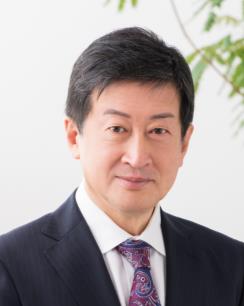

Digital Exhibition based on Matterport Scan Data
AIR (Azusa Institute of Research: headquarters at Chiyoda ward, Tokyo, and CEO: Akihiko TANAKA, hereinafter referred to as “AIR”) and Architwin (Architwin: headquarters at Chuo ward, Tokyo, and CEO: Ryohei SEKI, hereinafter referred to as “Archtwin”) have collaborated to launch a web gallery for the 75th Anniversary of Azusa Sekkei.
Azusa Sekkei established an architectural archive comprising a huge set of data embedded in the digital twin model of Haneda Sky Campus (Azusa Sekkei’s headquarters) by utilizing the digital twin technology by ArchiTwin (a technology for displaying 3D data, video / photo data incorporated into the scan data by Matterport).
WEB SITE➡WE ARE|梓設計 (azusasekkei.co.jp)
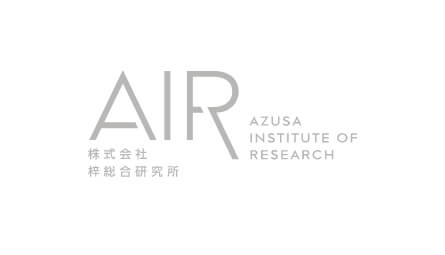
In October 2021, we established a new company, Azusa Institute of Research Co., Ltd., to further promote our efforts in addressing social issues.
Azusa Sekkei has been involved with airport facilities ever since our founding and we will continue to cooperate with airport operators in creating proposals to improve operational efficiency and leading the way toward the realization of a decarbonized society in the field of architecture.
We will also continue to promote education for the next generation to help foster future architects.








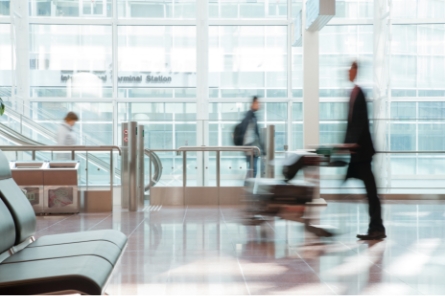
We channel our time-tested expertise in airports?the foundation of Azusa Sekkei?and work with airport operators to propose ways to streamline airport operations.

We publish books about carbon trading in the architecture industry to lead the way toward the realization of a decarbonized world.
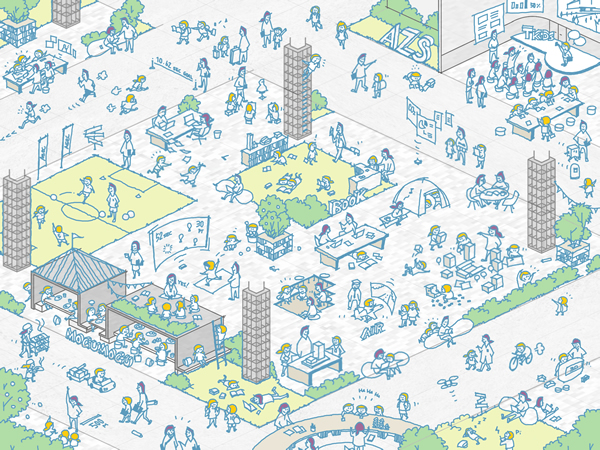
We create opportunities for children to experience the joy of urban planning and architecture through play in an effort to cultivate future architects.
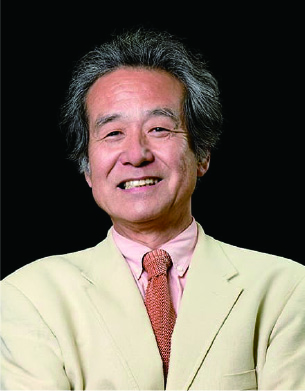
Graduated from the Department of Urban Engineering in the Faculty of Engineering at the University of Tokyo, and completed the Graduate School of Engineering at the same university. He has published numerous papers on historical structures, landscape design and urban development. He has served as Vice President of the University of Tokyo, Visiting Scholar at the Massachusetts Institute of Technology, Visiting Scholar at Columbia University, Visiting Professor at the Ecole des hautes etudes en sciences sociales in France, Vice President of the International Council on Monuments and Sites (ICOMOS) and member of UNESCO’s selection committee. He specializes in urban conservation planning, landscape planning, historic town planning, and environmental conservation.
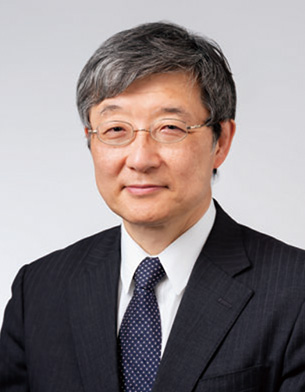
Graduated from the Department of Architecture in the Faculty of Engineering at the University of Tokyo, and completed the Graduate School of Engineering at the same university. He has developed research on sustainable architecture and the management of innovation. In 2001, he became a professor at the University of Tokyo’s Institute of Industrial Science (IIS). He has past experience of serving as Director of IIS and Vice President of the University of Tokyo. His major publications include "Innovation Management: Thinking in Terms of Process and Organization Structuring" and many others.
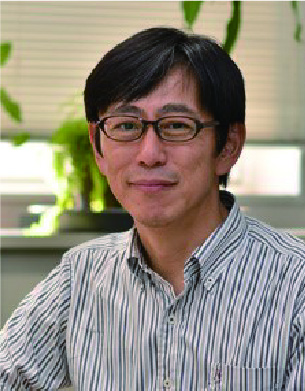
Born in Fukuoka Prefecture in 1958. Graduated from the Department of Civil Engineering in the Faculty of Engineering at the University of Tokyo, and completed the Graduate School of Engineering at the same university. Professor at the University of Tokyo’s Center for Spatial Information Science. His research and development work includes comprehensive measurement and sensing technologies for the real world, data assimilation and condition estimation technologies based on various observation data and simulations, and design technologies for decision-making and support services using these technologies.
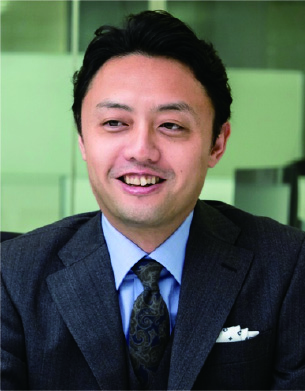
Graduated from the Department of Electronics and Information Engineering in the Faculty of Engineering at the University of Tokyo, and completed the Graduate School of Engineering at the same university. He is a professor at the Research into Artifacts, Center for Engineering (RACE) and the Department of Technology Management for Innovation (TMI) of the University of Tokyo's Graduate School of Engineering. His areas of expertise are AI, deep learning, and web mining. He is the Editor-in-Chief, the Ethics Committee Chairman, and a director of the Japanese Society for Artificial Intelligence (JSAI), as well as a director of the Information Processing Society of Japan (IPS). He is a leading authority on AI, and serves as Chairman of the Japan Deep Learning Association (JDLA).
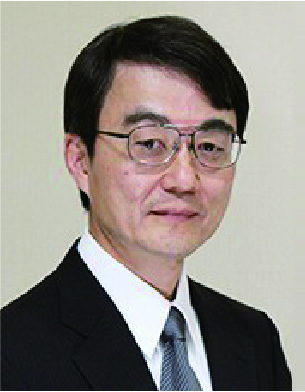
Graduated from the Department of Civil Engineering in the Faculty of Engineering at the University of Tokyo in 1978, and completed a master’s degree in Civil and Environmental Engineering at Cornell University in 1984. After working at the Shinkansen General Bureau and the Technical Planning Office of Japan National Railways, he joined Mitsubishi Research Institute, Inc. in 1987. Engaged in research in the fields of social capital development, science and technology policy, and future society, he has been a Managing Research Director since December 2016 and a Research Fellow since December 2020.